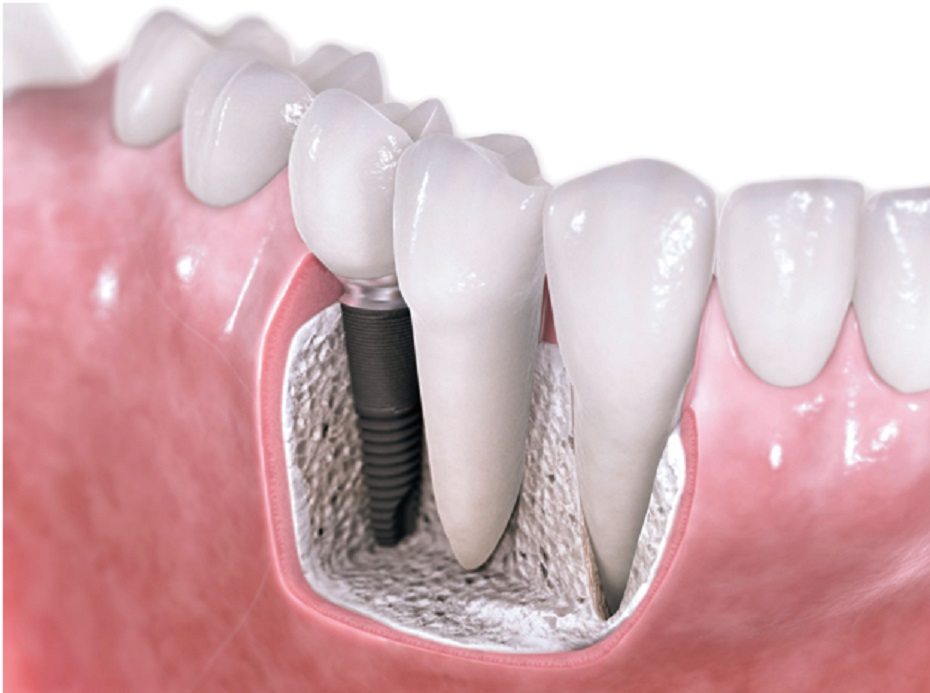Introduction:
Within the realm of dental implant treatment, effectively managing periodontal disease presents a distinctive set of challenges. While dental implants provide a durable solution for tooth replacement, maintaining optimal oral health is paramount for their long-term success. At Westbank Dental Care, we understand the complexities involved in addressing periodontal disease in the context of dental implant treatment. In this in-depth exploration, we delve into the intricate relationship between dental implants and periodontal disease, offering insights into comprehensive management strategies to optimize treatment outcomes.
Understanding Periodontal Disease:
Periodontal disease, commonly known as gum disease, is a bacterial infection that affects the gums, bone, and ligaments supporting the teeth. It typically begins with gingivitis, characterized by inflamed gums, and if left untreated, progresses to more severe forms such as periodontitis. Contributing factors to its development include poor oral hygiene, smoking, genetic predisposition, and underlying systemic conditions.
The Impact of Periodontal Disease on Dental Implants:
Periodontal disease poses significant challenges for individuals undergoing dental implant treatment. Active periodontal disease introduces bacteria and inflammation within the gums and bone, jeopardizing the success of dental implants. Additionally, it can lead to bone loss and gum recession, which may compromise implant stability and longevity. Addressing existing periodontal issues before proceeding with dental implant treatment is crucial to minimizing potential complications.
Managing Periodontal Disease Prior to Dental Implant Treatment:
Before undergoing dental implant placement, patients with periodontal disease undergo thorough evaluation and treatment. This involves comprehensive periodontal therapy, including professional dental cleanings, scaling and root planing procedures to remove plaque and tartar buildup, and adjunctive antibiotic therapy to eliminate bacterial infection. In more complex cases, surgical interventions such as flap surgery or bone grafting may be necessary to restore periodontal health.
A Collaborative Approach to Treatment:
At Westbank Dental Care, we embrace a collaborative approach to managing periodontal disease in patients undergoing dental implant treatment. Our interdisciplinary team of dentists and periodontists collaborates closely to develop personalized treatment plans tailored to each patient’s specific needs. By addressing periodontal disease comprehensively before dental implant placement, we aim to enhance the success and longevity of the implants while promoting overall oral health and well-being.
Maintaining Periodontal Health After Dental Implant Placement:
Following dental implant placement, maintaining optimal periodontal health is essential for preventing disease recurrence and preserving implant viability. Patients are encouraged to maintain meticulous oral hygiene practices, including regular brushing and flossing, and incorporate antimicrobial mouth rinses into their daily routine. Routine dental check-ups and cleanings are essential for monitoring gum and implant health, while lifestyle modifications such as smoking cessation and dietary adjustments further reduce the risk of disease recurrence.
Conclusion:
While managing periodontal disease in the context of dental implant treatment presents unique challenges, proactive management strategies can mitigate complications and promote successful outcomes. At Westbank Dental Care, we are committed to providing comprehensive periodontal care and dental implant treatment to empower our patients with healthy, lasting smiles. If you’re grappling with periodontal disease and considering dental implants, we invite you to schedule a consultation with our expert team to explore tailored treatment options and embark on the journey toward smile restoration and rejuvenation.

